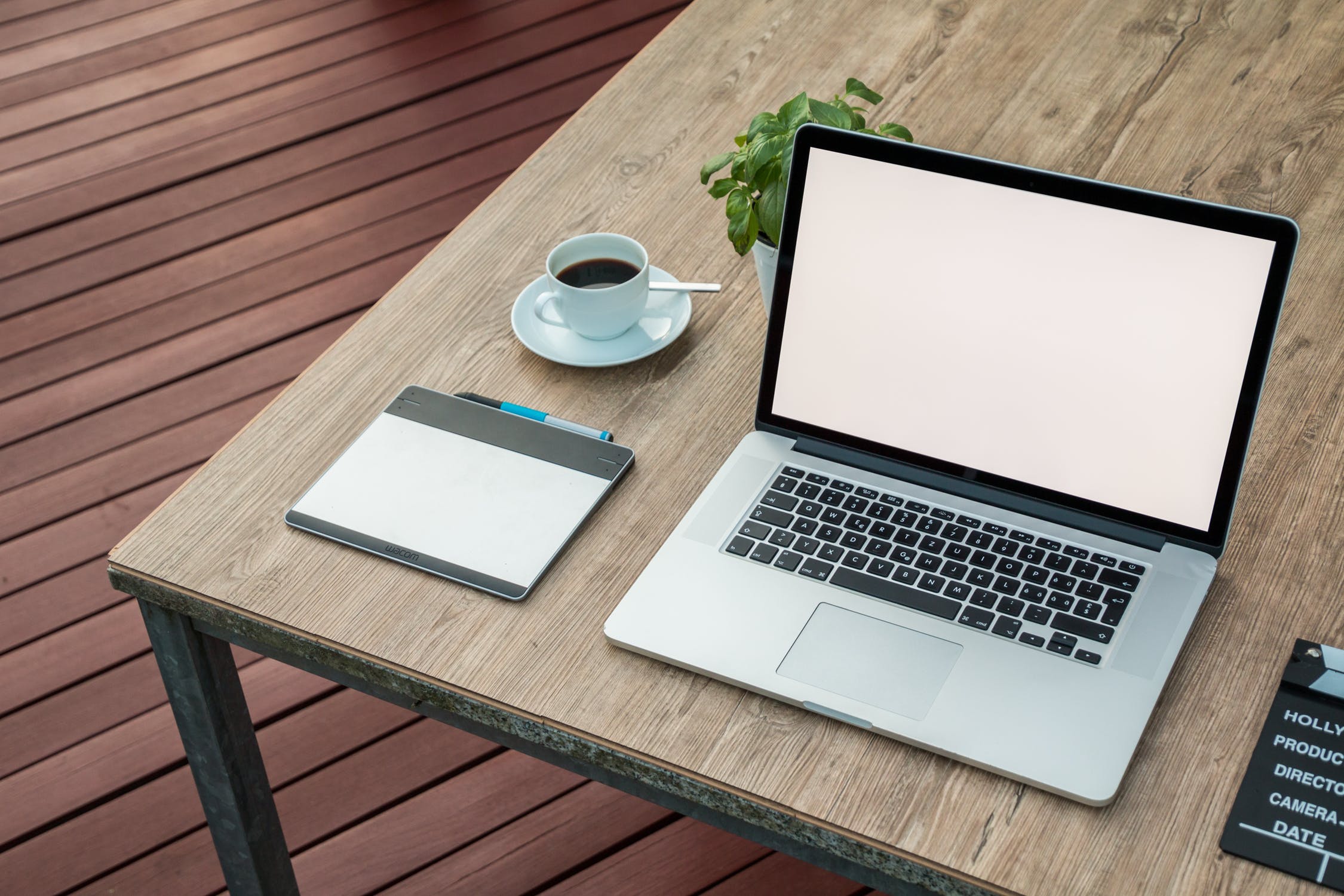
A laptop is handy and convenient to work with because of how portable it is. Depending on your needs, it can be a basic model, or it could be enhanced with the latest hardware that can handle multiple, heavy-duty workloads. A good laptop could set you back anywhere between a few hundred to a couple of thousand dollars.
With this in mind, it is vital to look after your computer as it could be expensive to replace. Sometimes, without realizing it, we tend to do small things that could be bad for a laptop. Consider these 8 tips to keep your device in the best of health and functioning well.
- Remove peripherals for travel: Prepare your laptop for travel by removing DVDs, CDs and thumb drives and store them separately. These could shift about during travel and damage your drives and external ports.
- Protect it from extreme temperatures: Laptops are built and tested to work efficiently within a specific temperature range. Leaving your device in direct sunlight may cause it to overheat and malfunction. Similarly, on days when it’s freezing, allow it to warm up to room temperature before turning it on.
- Keep the screen clean: Fragile screens can tend to crack and scratch easily and are expensive to replace. Protect your screen by using only approved computer cleaning products and wipes. Keep objects like pens that can leave scratches, away from the screen.
- Protect it from magnetic fields and radiation: Laptops are electrically sensitive devices that are affected by radiation and magnetic fields. Avoid exposing your laptop to devices that create magnetic fields like large speakers and TV sets. Radiation from your cell phone could affect the laptop’s hardware if it is placed right on top of it.
- Allow effective ventilation: Since laptops tend to heat up easier and faster than a desktop computer, ensure that you place it on a flat surface that allows the device to cool down effectively. Putting it on a blanket or cover that blocks the ventilation grilles and airflow around the laptop will cause it to overheat and reduce its productivity.
- Invest in a proper carrying case: The body of the laptop is as essential as the internals that it protects. As laptops can easily be damaged, purchase a good laptop bag or case to help protect it from bumps and drops.
- Use a strong password: To safeguard your laptop from any unauthorized use or snooping, set up the right access password. Passwords that are common or easy to guess should be avoided. This also protects your information in case your device is stolen.
- Add security with a VPN: When using public access or free Wifi at a mall or hotel, use a VPN to access the internet. An excellent VPN service routes all your data through a secure network. This ensures that hackers won’t have access to your personal communications and private data.








